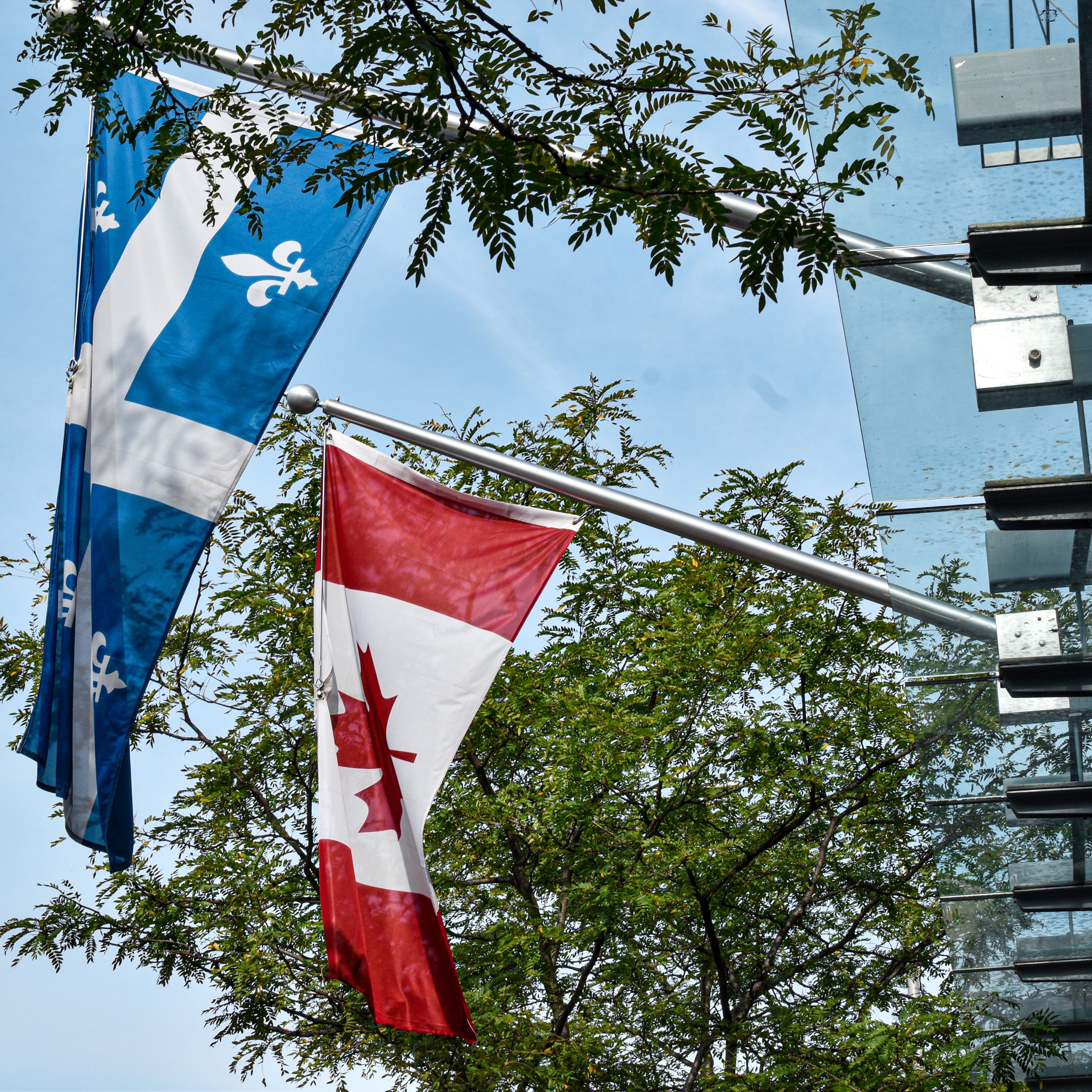Can I live outside Quebec after obtaining PR through Arrima?

When a candidate is selected and granted permanent residence via the Arrima system, he or she implicitly commits to settling in Quebec. This article examines the implications of settling outside Quebec after obtaining permanent residency via Arrima, as well as the potential consequences.
Quebec residency requirement
One of the key aspects of immigration via Arrima is the intention to reside in Quebec. When candidates submit their expression of interest and go through Arrima's selection process, they explicitly indicate their intention to live and work in Quebec. This choice influences Quebec's immigration decisions and the resources allocated to integrating newcomers into the province.
Consequences of moving outside Quebec
Refusal of citizenship
One of the criteria for obtaining Canadian citizenship is proof of having lived in the province where the permanent resident has undertaken to reside. If the Canadian authorities discover that the permanent resident has moved outside Quebec without the initial or justified intention of residing in another province, this may be considered a breach of the commitment made when obtaining permanent residency. This could result in a refusal of the citizenship application.
Loss of permanent residence
In the event of misrepresentation or breach of the residency undertaking, Canadian authorities may examine the validity of the permanent residency granted. If they conclude that the permanent resident never sincerely intended to settle in Quebec, or moved quickly without valid reason, this may lead to an investigation and potentially the loss of permanent resident status.
Inadmissibility for misrepresentation
False declarations are taken very seriously by the Canadian authorities. If a permanent resident has lied about his or her intention to reside in Quebec in order to obtain permanent residency via Arrima, this may be considered fraud. Consequences can include:
- Immigration bans The permanent resident may be inadmissible to Canada for up to five years or more, depending on the seriousness of the misrepresentation.
- Legal procedures In addition to inadmissibility, legal proceedings may be initiated, which may result in fines or other penalties.
Acceptable reasons for moving
In certain situations, it may be justifiable for a permanent resident to move outside Quebec. These situations may include :
- Employment opportunities A significant job offer in another province can be a valid reason.
- Family reasons The need to join family members for medical or personal reasons.
- Studies Continuing your studies in another province.
It is crucial that these reasons are well documented and presented to the immigration authorities to avoid misunderstandings or accusations of misrepresentation. In all cases, the final decision is at the discretion of the IRCC officer, and it's always best to do your utmost to avoid finding yourself in the situation of having to justify yourself.
Advice for permanent residents
- Documenting intentions Keep a record of all intentions and actions taken to establish yourself in Quebec, including job searches, registrations for social or educational services, and housing rentals.
- Communicating with the authorities If a move is necessary, communicate openly with immigration authorities to explain the situation and provide supporting evidence.
- Seek the advice of an immigration consultant or lawyer Before making any significant decisions that may affect your permanent resident status, meet with an immigration consultant or lawyer to obtain proper advice and avoid legal consequences.
Conclusion
Settling outside Quebec after obtaining permanent residency via Arrima can have serious consequences if it is perceived as a misrepresentation or a breach of the residency undertaking. Applicants must be aware of their obligations and the legal implications of their actions. By carefully documenting their intentions and communicating with the authorities, permanent residents can avoid complications and maintain their status in full compliance.






